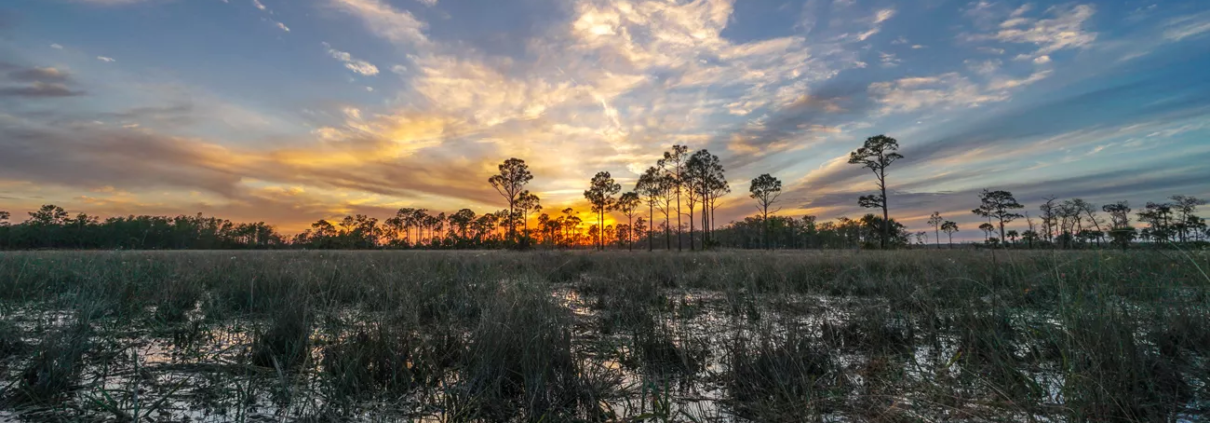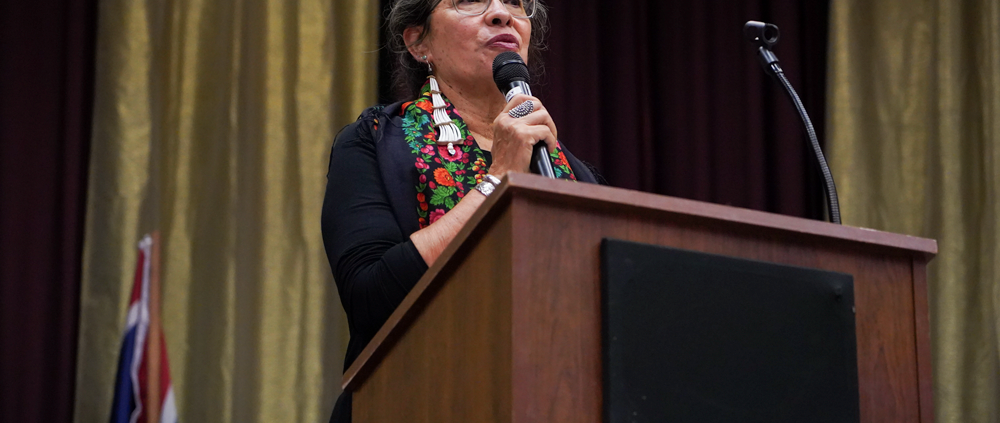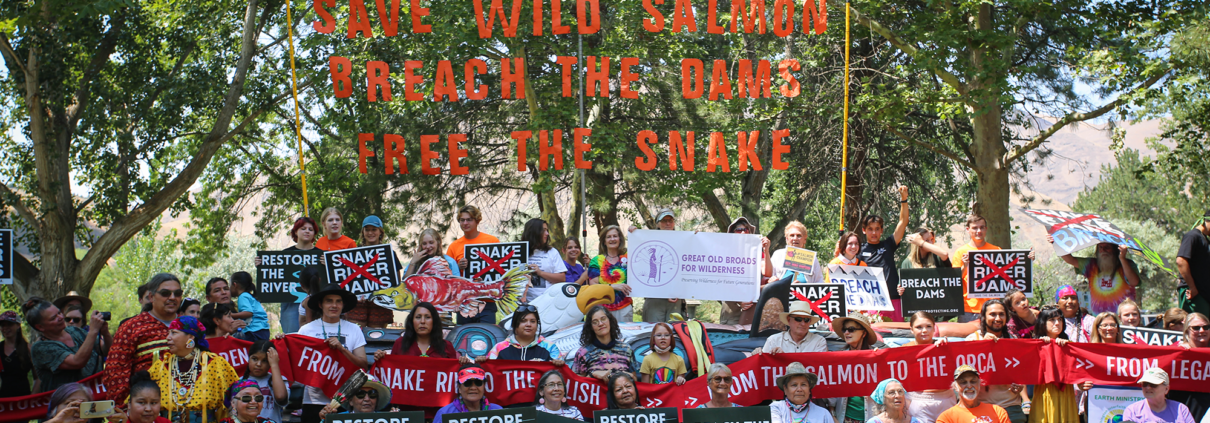Protect Sovereign Rights and Continue to Allow Access to Florida’s Big Cypress National Preserve for the Miccosukee Tribe Now
The Biden administration has been doing a good job at providing many ways for Tribal communities to exercise self-determination, protecting our sacred places, creating opportunities for Tribal co-management of land and water, and restoring dignity by removing racist and misogynistic names from land and buildings across the country.
Still, while President Biden has made important strides forward, there’s still so much work to do to restore our sovereign right to be full participants in decisions affecting the health and well-being of our communities and for future generations.
This is why we must ask President Biden to do more — to keep fighting for our rights and delivering results.
Big Cypress National Preserve has been a home for the Miccosukee and Seminole people for centuries. They have stewarded its lands and waters and still live in traditional villages there. Today, there are fifteen active traditional villages in Big Cypress, and sacred cultural sites, multiple ceremonial grounds, as well as burial grounds throughout the Preserve. Beyond the physical occupation, Miccosukee citizens must retain rights to use and occupancy throughout the entirety of the Preserve as were explicitly protected in the Preserve’s 1974 enabling federal legislation..
In the next two months, the National Park Service is planning to designate the preserve as “wilderness” with the intention of increasing protections for the freshwaters and fish essential to its health and the health of the neighboring Everglades. However, this designation will also significantly limit the Tribe’s access to their homelands and completely ignores the critical stewardship of Big Cypress they’ve provided for hundreds of years.
The truth is the creation of national parks and the designation of wilderness areas has often resulted in the forced removal of Tribal Nations who lived there, causing direct harm to the ecosystems which they had been stewarding.
The creation of Everglades National Park, for example, resulted in the forced removal of Miccosukee and Seminole traditional villages and the stealing of their 99,200-acre reservation. It is not the presence, or lack, of human habitation that defines the health of a landscape, but rather, it is the relationship of human beings with that land that determines the land’s fate.
Deleting Tribal Nations by the stroke of a pen on paper, from a landscape created in harmony with and by Indigenous peoples, is a surefire recipe for the same kinds of ecosystem collapse that Yellowstone National Park has endured.
So far, Big Cypress National Preserve has been spared the error of undertaking a fortress conservation approach. A wilderness declaration which restricts Tribal citizens’ right to move freely about their homeland or which does not accommodate Tribal rights to permanent residence in those spaces will only serve to repeat again the folly of the past century’s approach to conservation.
We have Secretary Haaland to thank for reaffirming the federal government’s trust responsibility to Tribes through Sec. Order 34-02 and DOI Departmental Order 227, but the National Parks Service’s approach to this project, doing box-checking consultation and constraining 147,000-190,500 acres of Tribal rights without free, prior, and informed consent, runs afoul of this guidance. We need to ask the administration to hold the Service accountable.
The Biden administration can protect Big Cypress without trampling on sovereign rights by pausing this initiative and calling for a supplemental environmental impact statement, during which Tribal input can be meaningfully heard and incorporated or by not establishing the new wilderness designation in the first place.




